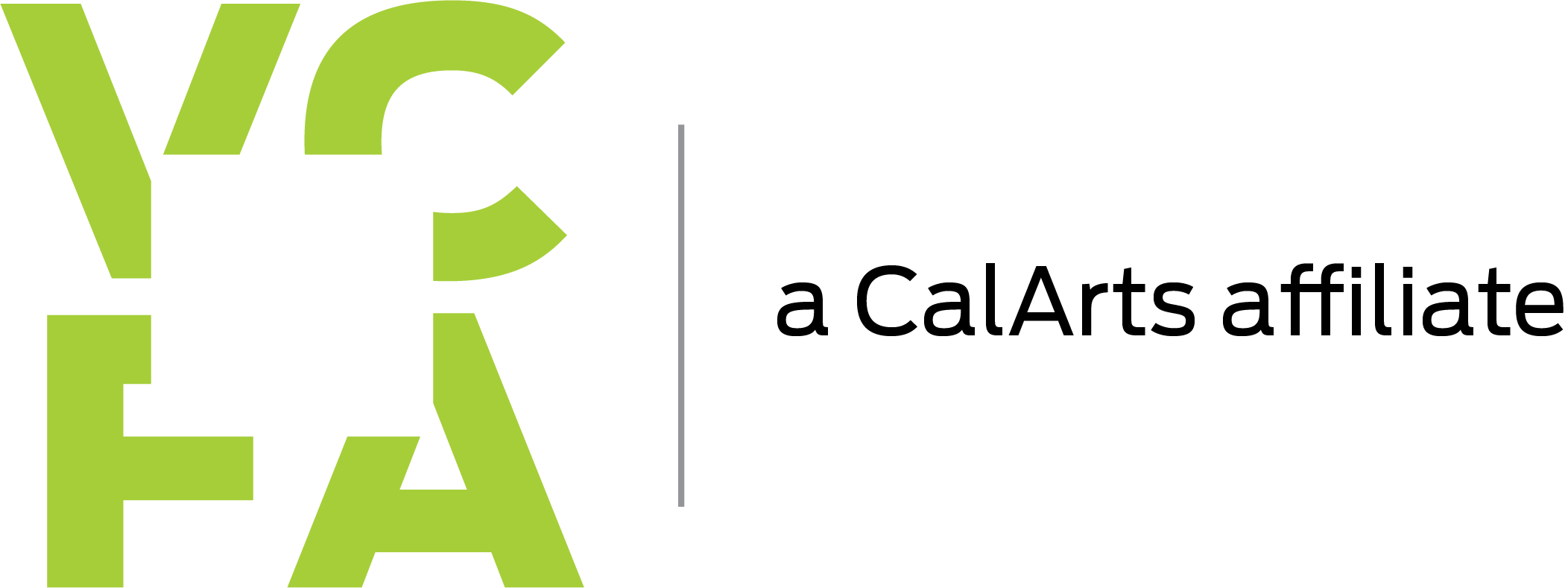Honoring Dr. King
We recognize and honor the leadership and legacy of Dr. Martin Luther King, Jr. This page offers a collection of communications and multimedia resources for reflection and continued learning.
Statement on Community Values
Letters to the Community
A Message from President Emeritus Leslie Ward
January 18, 2021
Dear VCFA Community,
Today we pause to honor the life and work of Dr. Martin Luther King Jr. In inspiring and leading a national movement for equal rights and justice, Dr. King left behind a powerful legacy by grounding the movement in the opposing tensions of an unflinching critique of systemic injustices and racism with radical compassion. Actively continuing this legacy feels more urgent than ever as we reflect on our nation’s history, and the current reality mirrored so poignantly in the police brutality we witnessed this past summer and the recent violent insurrections by white supremacists against our government and the peaceful transfer of power.
Dr. King, an advocate of nonviolent direct action, understood the power of language and used poetic expression to educate and activate people from all walks of life in his mission to create lasting change. His eloquence was instrumental in bringing people to act energetically against the injustices inflicted on people in marginalized and disenfranchised communities. As artists we understand the power of creative self-expression to inspire possibility. VCFA recognizes in its mission the power of the arts to educate and move people to action—to not only reflect reality but to create it.
We believe we have an institutional responsibility to continue the work of Dr. King by providing space and opportunity for our community to engage in learning, and to build organizational capacity to lift and amplify all voices through the arts, especially those who have been historically marginalized, disenfranchised and underrepresented. We are constantly seeking to expand our impact within and beyond our MFA programs, and in that pursuit, we have established the Center for Arts and Social Justice at VCFA, whose mission is to inspire community-based change through the arts.
As you reflect on the legacy of Dr. King and the work that we need to do within our community, consider how you might leverage your voice, and forms of expression to support the vision expressed in our Statement on Community Values. And we invite you to enjoy this video expression of the statement produced by our MFA in Writing Program prior to their recent residency.
Throughout the week, you will receive additional communications from others at VCFA in a coordinated effort to encourage our community to stay in a space of reflection and learning.
Sincerely,
Leslie
A Message from the Director of DEI
January 22, 2021
Dear VCFA Community,
As I wrap up my third week at VCFA, I want to pause and be with this community in honoring the legacy of Dr. Martin Luther King, Jr., and to affirm the wide range of experiences people are currently processing and reflecting. Each year around Dr. Martin Luther King, Jr. day, we are reminded of the power of pausing to reflect on progress, setbacks, and the work ahead in our efforts to create a just society. A society in which all people and all voices are heard, valued, and appreciated for their contributions and differences. Dr. King’s dream and his resilient and action-oriented leadership are timeless. His conviction to speak truth to power continues to inspire us to demand radical change and equity. The divisive climate of our country, the ongoing pandemics of COVID-19 and racism, and the recent insurrection necessitate, more than ever, our responsibility to create the change we wish to see.
At VCFA we hold the belief that “the arts are central to the human experience and have the ability to not only reflect reality but also to create it.” I want to take a moment to appreciate members of this community, who through their unique forms of self-expression, reflect and illuminate injustices and inequities we still need to address. I am honored to join you in this work. I want to share with you a few of my committed responsibilities, shaped and reshaped, from continuous self-reflection:
I will continue: To engage in learning how cultures, structures, and institutions, within VCFA and in this country, disenfranchise groups of people, perpetuate assimilationist and segregationist ideas and beliefs, and to begin designing for inclusion and transformation.
I will continue: To challenge myself to lean in and call in courageous conversations that matter, in recognition that any harm caused by staying silent will never justify the temporary comfort it offers.
I will continue: To develop people and organizational capacities to influence change that is systemic and sustainable by holding space for the tension of opposites to interact, and harnessing that friction for growth.
In moments that are frustrating, uncertain, and difficult, Dr. King’s words remind me to persevere because we shall reap what we sow. I know that we will witness justice: people liberated from all forms of oppression, and humanity thriving in inclusive societies and communities. That day will come, but not without the courage to tap into our voices and expressions, and to activate ourselves and others to resist the comfort of silence and complacency.
I leave you with my personal reflective question that serves as an anchor to keep me grounded: “How might I best continue to contribute to the design of a just, equitable, and inclusive future?”
If you need resources to continue your work in advancing equity and justice, we hope that our ongoing list of resources could be of assistance to you.
Sincerely,
Howie LeBlanco
Director of Diversity, Equity, and Inclusion
Resources
Reading
Dr. Martin Luther King, Jr. — “I Have a Dream” speech
Dr. Martin Luther King, Jr. — Letter from Birmingham Jail
Barack Obama — “How to Make This Moment the Turning Point for Real Change” (Medium)
Kareem Abdul-Jabbar —“Don’t Understand the Protests? What You’re Seeing Is People Pushed to the Edge” (Los Angeles Times)
Angela Onwuachi-Willig — “The Law Isn’t Neutral” (Slate)
Ijeoma Oluo — So You Want to Talk About Race
Ibram X. Kendi — How to Be an Antiracist
Dr. Jennifer Eberhardt — Biased: Uncovering the Hidden Prejudice That Shapes What We See, Think, and Do
David Zucchino — Wilmington’s Lie: The Murderous Coup of 1898 and the Rise of White Supremacy
Layla F. Saad — Me and White Supremacy: Combat Racism, Change the World, and Become a Good Ancestor
Austin Channing Brown — I’m Still Here: Black Dignity in a World Made for Whiteness
Paul Kivel — Uprooting Racism: How White People Can Work for Racial Justice
Sarah J. Jackson, Moya Bailey, and Brooke Foucault Welles — #HashtagActivism: Networks of Race and Gender Justice
Watching
Dr. Martin Luther King, Jr. — “I Have a Dream” speech
When They See Us (Netflix miniseries about the Central Park Five)
Selma (film about the marches of the Civil Rights movement)
13th (documentary film by Ava DuVernay)
I Am Not Your Negro (film based on James Baldwin’s unfinished book)
Listening
Code Switch — NPR podcast tackling race from all angles
The Kinswomen — conversations on race, racism, and allyship between women, hosted by Hannah Pechter and Yseult Polfliet
Unlocking Us episode — Brené Brown interviews Ibram X. Kendi on her podcast
“Elevating Equity and Justice” — Heinemann Podcast episode with Robert Kim

